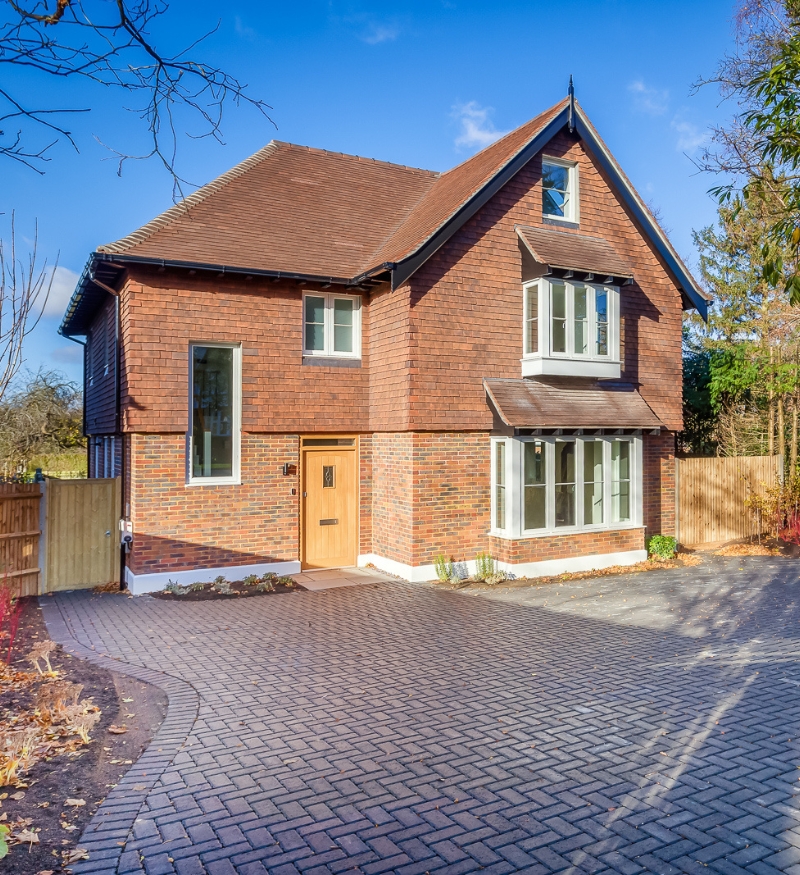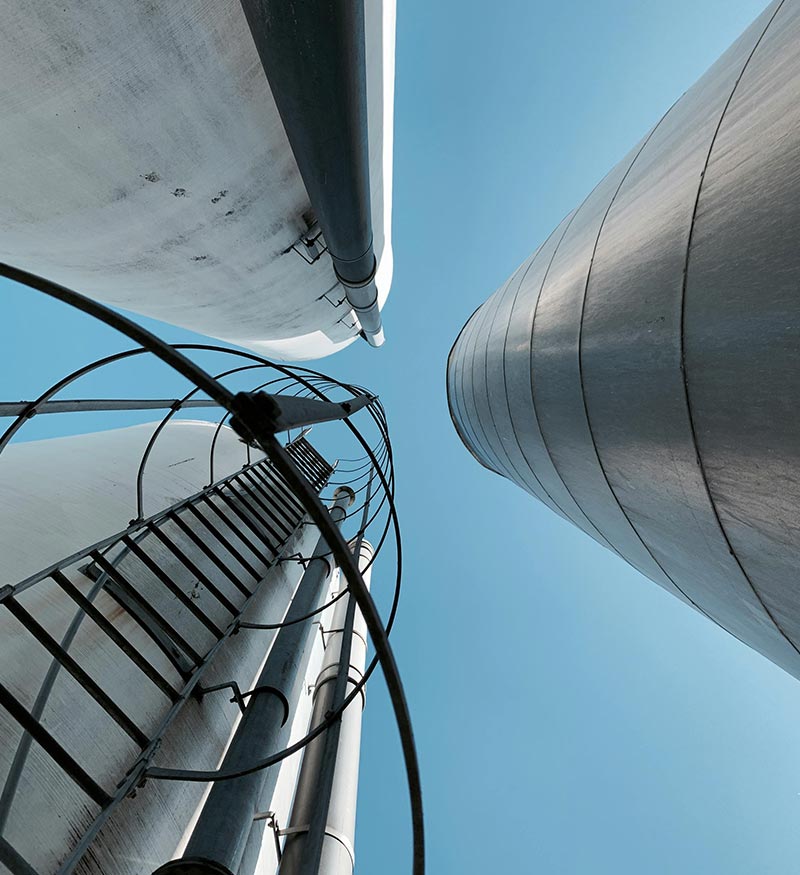
Loft or Garage Conversion: A Complete Guide
For homeowners in London looking to improve their living space without the hassle of moving, loft and garage conversions offer two excellent options. As specialists in home renovations, London Home Builder (LHB) has more than a decade of experience in these transformative projects. This comprehensive guide explores the advantages and disadvantages, costs, and strategic considerations for both types of conversions, helping you make informed decisions about your property’s potential.
Architectural Advantages: Loft Conversions
Space Optimisation in Vertical Dimensions
Loft conversions capitalise on underutilised roof spaces, typically adding 20-50m² of habitable area depending on your property’s dimensions. The process preserves garden space while creating private upper-floor zones ideal for master suites, home offices, or entertainment areas. Successful conversions require minimum initial head heights of 2.3m to achieve compliant 2m ceilings post-conversion, making Victorian and Edwardian homes particularly suitable candidates.
Financial Appreciation Dynamics
Industry data shows that loft conversions can increase property values in the London market by 10-20%, with the addition of bedrooms yielding the highest returns. A typical 30m² conversion, which costs around £52,304, results in a value-creation cost of £1,760 per square meter. This is well below the average property values in London, which exceed £10,000 per square meter.
Regulatory Landscape
About 85% of loft projects can proceed under Permitted Development Rights, allowing them to avoid full planning applications when the following conditions are met:
For listed buildings and conservation areas, special consent is required. Our team can help navigate these complexities through collaborative consultations with local authorities.
Ground-Level Transformation: Garage Conversions
Cost-Efficient Spatial Expansion
Converting a standard 16m² garage typically costs £10,000-£20,000, equating to £625-£1,250/m², which is 30-60% cheaper per unit area than loft alternatives. This budget-friendly approach enables seamless ground-floor integrations perfect for:
Streamlined Construction Process
Garage conversions often utilise existing foundations and entry points, unlike loft projects that require structural reinforcements and staircase installations. Our phased methodology typically completes within 4 to 8 weeks, as opposed to the 10 to 16 weeks needed for loft works, which minimizes household disruption through effective external workflow management.
Regulatory Considerations
Most garage conversions are considered permitted development if they meet the following criteria:
For projects involving detached garages or conversions that create independent dwellings, full planning permission is required. Our specialists conduct thorough feasibility assessments to help streamline the approval process.
| Loft Conversion | Single Garage Conversion | |
|---|---|---|
| Average Cost Range | £45,000-£70,000 | £10,000-£25,000 |
| Cost/m² | £1,760-£2,314 | £625-£1,250 |
| ROI Potential | £1,760-£2,314 | 8-15% |
| Timeline | 10-16 weeks | 4-8 weeks |
Key Cost Drivers:
- Loft: Roof type (dormer or mansard), steel beam requirements, staircase configuration.
- Garage: Foundation upgrades, drainage modifications, and thermal bridging solutions.
Strategic Selection Framework
Spatial Potential Assessment
- Loft Advantage: Creates isolated quiet zones away from main living areas
- Garage Strength: Enables open-plan ground floor expansions
Functional Requirements
- Bedrooms/Studios: Loft isolation benefits concentration
- Kitchen/Dining: Garage’s ground-level access simplifies plumbing
Architectural Compatibility
- Period Properties: Loft conversions preserve original façades
- Modern Homes: Garage conversions complement contemporary open layouts
Regulatory Compliance Pathways
Building Regulations Checklist
Both Conversions Require:
- 30-minute fire-resistant escape routes
- 100mm insulated walls (0.18W/m²K U-value)
- 1.9m minimum door heights57
Loft-Specific:
- 2m minimum headroom through 90% of space
- Structural calculations for floor loading (1.5kN/m²)
Garage-Specific:
- Damp-proof course verification
- Existing slab moisture content testing (<75% RH)
trusted expertise
Cares ultricies idm neque sed netus
innovating ideas
Cares ultricies idm neque sed netus
Strategic Investment Perspective
While loft conversions require a higher initial investment, their upper-floor locations and potential for additional bedrooms generally provide better long-term returns. On the other hand, garage conversions offer quicker and more affordable solutions for growing families who need immediate space.
Our specialists based in London blend architectural innovation with strong cost management to ensure your conversion meets both your lifestyle needs and financial goals. Contact London Home Builder to schedule a personalized feasibility assessment and discover your property’s hidden potential.


FAQs
Internal conversions rarely trigger rebanding. New external access points may require valuation office consultation.
Garage projects average 12 decibels, while loft works average 28 dB. We implement dust containment systems and provide alternative access routes.
Combined conversions result in expansions of 50-70m², requiring coordinated structural assessments. Our team manages phased workflows to minimize disruption.
To finance a loft conversion, you typically have several options:
1. Remortgaging your existing home to access additional equity.
2. Taking out a personal loan (an unsecured loan).
3. Utilizing a dedicated home improvement loan.
4. Using savings if you have enough readily available.
5. Using credit card to make some payment likes material.
The best option for you will depend on your financial situation, credit score, and the amount you need to borrow.
A shell loft conversion is a popular option for homeowners who want to expand their living space without breaking the bank. In this type of loft conversion, a professional team completes the essential structural work, while the homeowner takes care of the finishing touches on their own.



